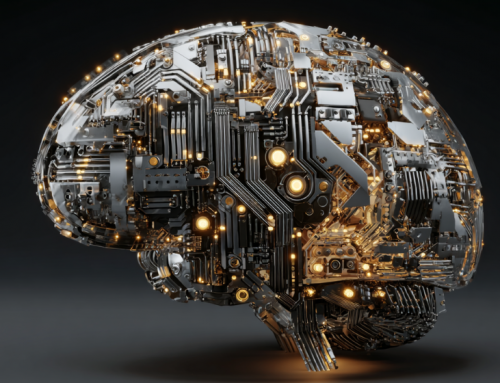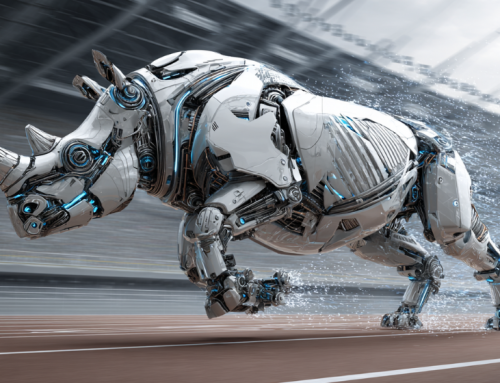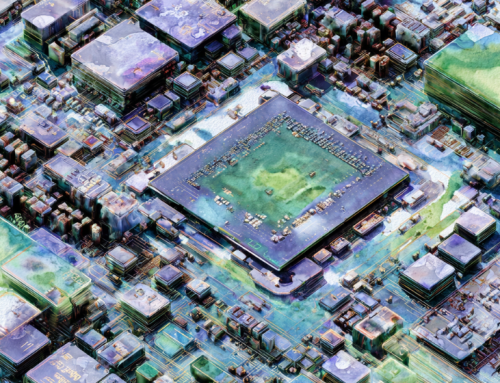
Moving from user-activated systems to those autonomously executing complex tasks could lead to what AI expert Yoshua Bengio terms ‘rogue AI,’ autonomous systems acting in potentially disastrous ways. (Source: Image by RR)
OpenAI, Others Attempt to Decode Potential Perils of Fully Autonomous AI Systems
The concept of AI “agents” capable of performing tasks autonomously in the real world, such as booking vacations or paying bills, is being heralded as the next significant leap in artificial intelligence. While tools like ChatGPT and various generative AI applications have made impressive strides in creating text, art, and music, these models remain fundamentally limited to operating under direct human command for specific tasks. As reported in vox.com, the proposed evolution into AI agents involves empowering AI with abilities to maintain notes, manage to-do lists, delegate tasks, and operate continuously without needing human initiation, mimicking the functionality of a human assistant. This advancement could revolutionize work and life, automating complex sequences of tasks with minimal human oversight.
OpenAI, among other well-funded entities, is exploring the development of these AI agents, anticipated to redefine our interaction with technology. These agents, built on increasingly powerful foundational models, aim to execute a broader range of tasks more effectively, pushing beyond current limitations. Early versions of such agents have begun to emerge, with applications capable of executing specific programming jobs, albeit with a need for supervision. Despite their nascent stage, these developments suggest a promising direction where AI can undertake more significant responsibilities, enhancing productivity and convenience.
However, the prospect of AI agents operating with a degree of independence raises significant ethical, safety, and liability questions. Concerns range from the potential for AI-driven scams to deeper philosophical and moral dilemmas regarding AI’s role in society and its entitlements. The autonomy of AI agents to make decisions, earn money, and replicate themselves independently without human oversight introduces a complex array of risks and challenges that need to be addressed to prevent adverse outcomes.
The debate on AI agents emphasizes the necessity for rigorous testing, robust regulatory frameworks, and thoughtful consideration of the implications of deploying such technologies widely. While the benefits of having AI personal assistants and software engineers are undeniable, the potential for “rogue AI” behavior and the societal impact of automating numerous aspects of daily life warrant cautious progress. Researchers and policymakers are urged to work together to develop solutions that ensure AI agents can be used safely and beneficially, underscoring the importance of preemptive action to navigate the ethical landscape of this emerging frontier in AI.
read more at vox.com







Leave A Comment